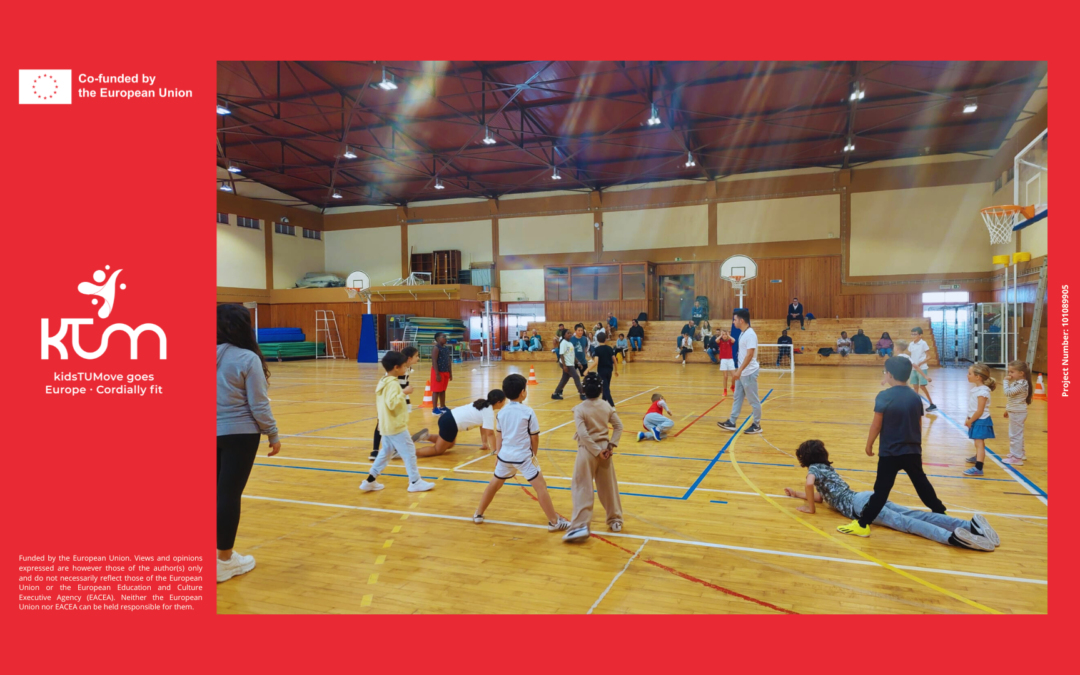On the morning of the 29th of June, 2024, the Faculty of Human Kinetics was buzzing with energy and excitement as children with chronic diseases participated in a special sports event tailored specifically to their needs. This event brought together children, their families, and trainers for a day filled with joy, laughter, and physical activity, demonstrating that sports can be inclusive and adaptive, regardless of health challenges.
The event was planned to ensure that every child could engage in a variety of sports activities, including basketball, football, and gymnastics. These activities were not just about playing sports but were carefully adapted to meet the specific needs of the children, providing them with a safe environment to practice physical activity. The adaptations made to the sports activities ensured that each child could participate fully and enjoy the experience, fostering a sense of accomplishment and inclusion.
Basketball sessions were modified to include lower hoops and lighter balls, allowing children with varying physical capabilities to score and enjoy the game. Football activities were designed with smaller fields and softer balls, ensuring that children with different endurance levels could run, kick, and score goals without feeling overwhelmed. Gymnastics, often seen as a challenging sport, was adapted to focus on basic movements and balance exercises, using supportive equipment to help children feel secure and confident.
The trainers at the event played a crucial role in making the day a success. Utilizing the KTM Trainer Manual, a guide designed to help trainers plan and execute sports activities for children with chronic diseases, they were able to create a program that was both engaging and safe. The manual provided valuable insights into the specific needs of children with various health conditions, allowing trainers to tailor activities to each child’s abilities and limitations.
Feedback from the event was very positive. Children were visibly thrilled to be part of the activities. For many, it was a rare opportunity to engage in physical activity without feeling different or left out. Parents expressed gratitude for the event, noting that their children not only had fun but also gained confidence and engaged in meaningful physical activity.
The success of this event at the Faculty of Human Kinetics underscores the importance of inclusive sports programs. It showcases how, with the right adaptations and understanding, children with chronic diseases can enjoy the benefits of physical activity, which include improved physical health, enhanced social skills, and boosted mental well-being.

